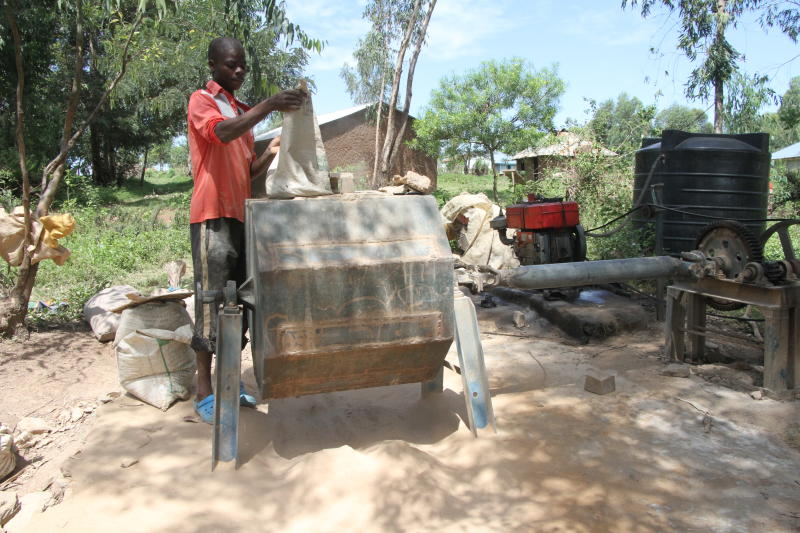×
The Standard e-Paper
Home To Bold Columnists

Death of workers arising from mine operators’ failure to implement safety standards, unlicensed players – some of them foreigners who sneak out minerals are among the factors pulling back the mining sector.
This is aided by senior ministry officials who don’t play by the rules they have set, and demotivated mid-level managers who have been in acting capacity for six years according to the findings of a study commissioned by the Mineral Rights Board (MRB).